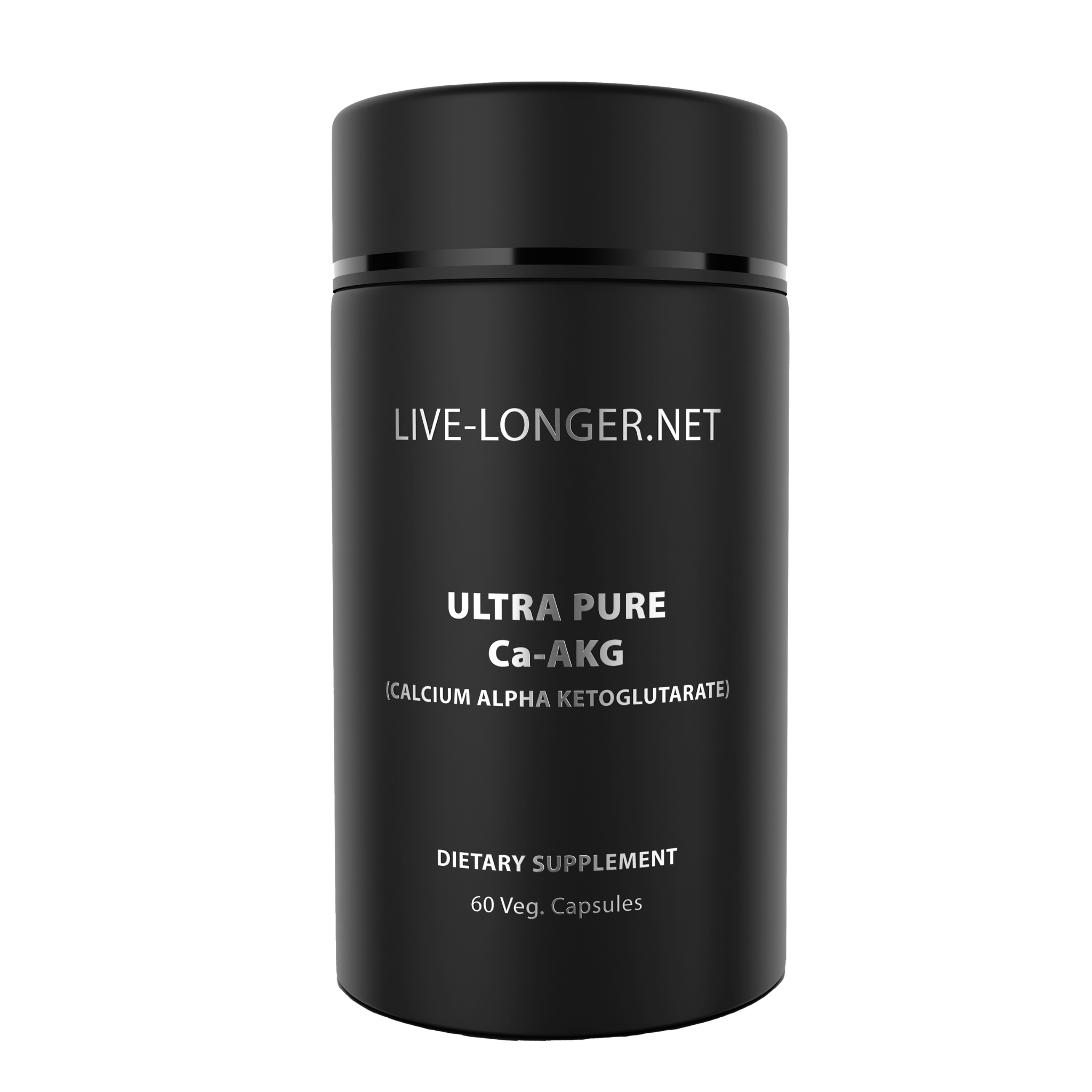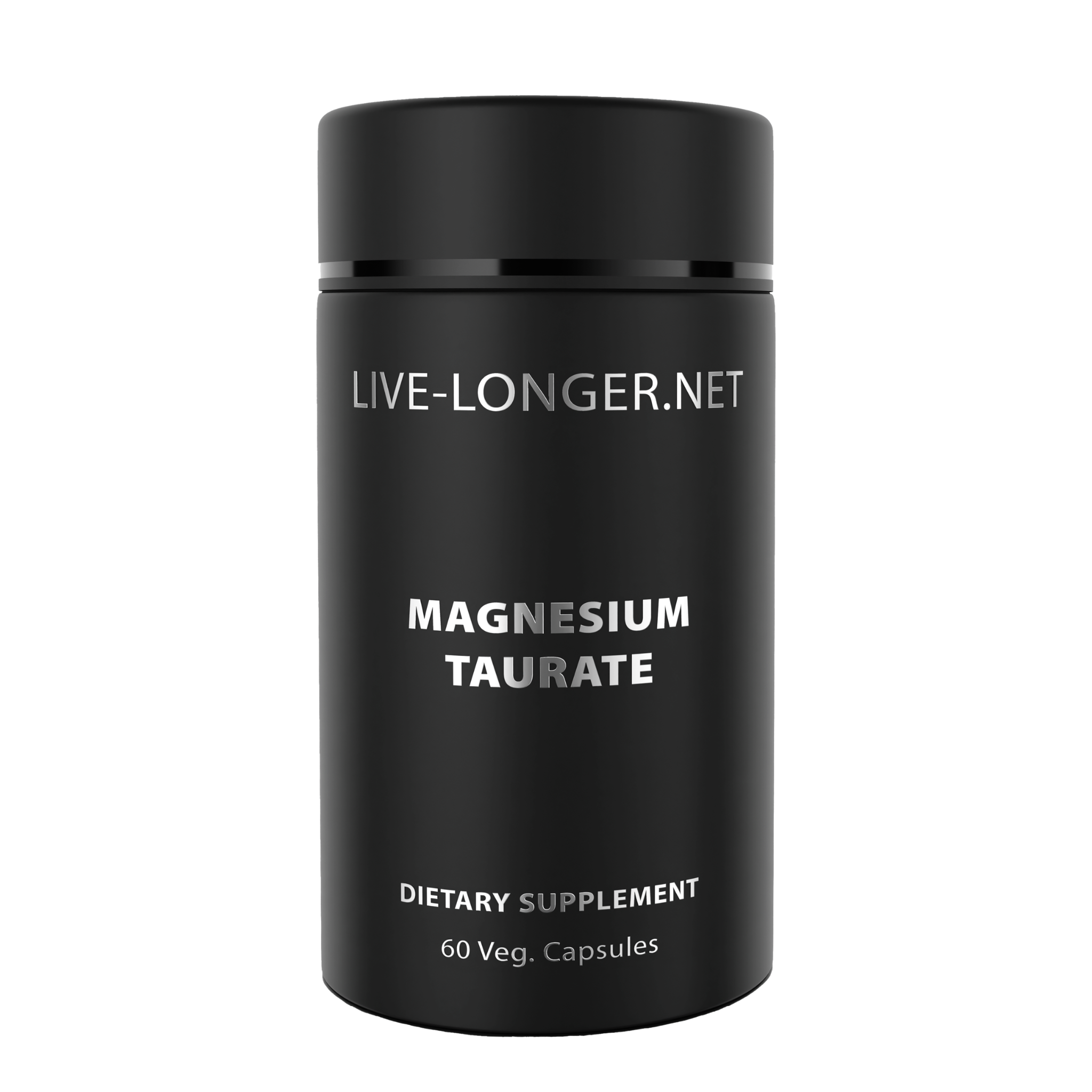Not many people want to eat fat, but there's one type called omega-3 fats that everyone should eat more. Research evidence says omega-3s are good for your heart, brain, immune system, and other body parts.
Although your body can make different types of fats, it really isn't the case for omega-3 fatty acids. According to the National Institute of Health stats, adults usually only get 90 to 110 milligrams of omega-3s each day, even though they need 250 milligrams of omega-3 to stay healthy [1]. Although you can quickly get enough omega-3 by eating fish a few times weekly, the problem is not many people like the taste, texture, or smell of fish.
If you're among these people and find it hard to eat fish every week, you can try omega-3 supplements.
Today, we share nine incredible health benefits of the best omega-3 supplement. But before that, let's discuss omega-3s in detail.
What Are Omega-3 Fatty Acids?
Omega-3 fatty acids are special fats that are found in plants and seafood. There are three different types of fatty acids.
- In plants, they're called alpha-linolenic acid (ALA). (You can get ALA from walnuts, chia seeds, and soybeans).
- In seafood, they're called docosahexaenoic acid (DHA) and eicosapentaenoic acid (EPA). DHA and EPA are mainly found in fish, shellfish, and marine algae.
Why Are Omega-3 Fats Special?
Omega-3s help build cell walls in your body and control how cells work. Omega-3 fats can keep your heart healthy, reduce the risk of stroke, and help with conditions like lupus, eczema, and arthritis. They might also help protect against cancer and other illnesses.
9 Incredible Benefits of the Best Omega-3 Supplement
Let's unveil the health benefits of omega-3 fatty acids supplements.
Protects Your Heart
According to the American Heart Association, in the U.S., around 49% of the young population aged 20 or more has some heart disease [2].
Do you know that omega-3 supplements can reduce the risk of heart disease and make you live a healthy life?
Research studies have discovered that people living in places where they eat a lot of fish, which has omega-3s, tend to have fewer heart issues [3].
A 2022 meta-analysis included 14 research studies to look at omega-3 supplements benefits for the heart. The research concluded that taking 0.8-1.2g of the best omega-3 supplement can significantly reduce the risk of heart disease [4].
Here is how Omega-3s protect your heart:
- They lower triglycerides, which are bad for your heart.
- They might raise HDL (good) cholesterol.
- They stop blood platelets from sticking together, which prevents dangerous blood clots.
- They reduce inflammation in your body, which is good for your heart.
Prevents Age-related Mental Decline
There's a term called senile dementia — meaning loss of short-term memory with increasing age.
As you get older, your brain may not work as well as it used to. But eating foods rich in omega-3, like fish, may help keep your brain healthy.
Some studies show that people who eat more omega-3 have a lower chance of having memory problems or Alzheimer's disease when they get older [5].
A study published in the Journal of Ageing Research Reviews found that adequate intake of the best omega-3 supplement can slow down the brain's aging and prevent cognitive decline [6].
Taking omega-3 supplements might also help, especially if someone has just started showing signs of Alzheimer's disease [7].
Reduces Wrinkles And Hyperpigmentation
Skin aging occurs because of the damage caused by sunlight, harmful chemicals in beauty products and loss of collagen with age.
If you use the best omega-3 supplement, it can help protect your skin from sun damage and boost collagen production, which makes your skin elastic and reduces wrinkles and dark spots.
Moreover, omega-3 fatty acids help control the oil production in your skin, keep your skin hydrated, prevent breakouts, and make you look younger.
Omega-3s can also make rough, dry skin feel smoother and relieve irritation and skin problems like dermatitis.
A 2018 study stated that cosmetic and therapeutic applications of the best omega-3 supplement include photoaging, lupus skin cancer, allergy, dermatitis, eczema, and skin wounds [8].
Relieves Arthritis And Joint Pain
Using fish oil for arthritis is a popular home remedy; evidence says it might also help. The reason is simple: fish oil contains omega-3 fatty acids that reduce inflammation and relieve joint pain.
Studies have found that omega-3 fatty acids can improve symptoms of rheumatoid arthritis by reducing the body's immune response, which causes inflammation in the joints [9].
In one study, people with gout who took omega-3 supplements and adjusted their diet had fewer gout flare-ups [10].
Improves Eye Health
As we get older, our eyes might have a tough time with age-related macular degeneration (AMD), making it harder to see and do things independently.
Macular degeneration affects more than 10 million people in the United States and is the main reason people lose their vision [11].
In one study, people who ate more omega-3 fatty acids were 30% less likely to get macular degeneration [12].
Omega-3 fatty acids, whether from food or supplements, might help your eyes make more tears naturally, making dry eye symptoms better. In one study, out of 32,000 women, those who ate the most omega-3 fats had a 17% lower chance of having dry eyes [13].
Omega-3s also help lower the risk of glaucoma, a condition with an unusual increase in ocular pressure.
Promotes Mental Health
Have you ever thought eating the best omega-3 supplement can make people with depression feel better?
Some studies suggest that taking omega-3 fats can help with depressive symptoms, like feeling sad or low. These effects are similar to what antidepressant medications can do [14].
The best results seem to happen when people take omega-3 supplements along with antidepressants and when the supplements have more of a substance called EPA (eicosapentaenoic acid) in them. EPA is one of the things in fish oil that might be helpful for mental health.
Besides depression, the best omega-3 supplement might also be helpful for other mental health issues like borderline personality disorder and bipolar disorder.
So far, the evidence shows that adding omega-3 fatty acids to the treatment can help people with depression and schizophrenia who haven't responded well to other therapies. As these conditions (depression and schizophrenia) can make people more likely to have heart disease and diabetes, taking omega-3s might also help improve their physical health [15].
Reduces Inflammation
Aging and inflammation go hand in hand. That's why most age-related diseases involve chronic (persistent) inflammation.
Omega-3 fatty acids are well-known for their anti-inflammatory properties. These dietary supplements can help fight inflammation and boost the immune system. They might help prevent heart attacks, sudden death, and strokes. The most potent omega-3 fats are EPA (eicosapentaenoic acid) and DHA (docosahexaenoic acid). Studies show that these fats can improve cholesterol levels, blood pressure, and heart health [16]
They also have anti-inflammatory effects, which can help with conditions like arthritis, psoriasis, asthma, and inflammatory bowel disease. Omega-3 fats seem to work by reducing chronic inflammation linked to heart disease [16].
Doctors might suggest taking some of the best omega-3 supplements along with other medications that help with inflammation.
Relieves Migraine Headaches
Taking omega-3 supplements can help ease things like headaches and muscle pain that happen as you get older.
A research study was conducted among 27 adolescents who had migraines and were asked to take omega-3 fatty acid supplements for two months. They reported having fewer headaches, which didn't last as long. Around 74% of the participants reported a reduction in their headaches [17].
Encourages Better Breathing
Omega-3 fatty acids are suitable for older people with trouble breathing, like those with asthma or COPD. These healthy fats can help relax the air passages that usually get tight because of these conditions. Omega-3s also help older adults breathe more easily after moderate exercise or physical therapy.
Should Pregnant Females Take Omega-3 Supplements?
Recent studies show that pregnant women in the United States aren't eating much fish, so they're not getting enough omega-3 fatty acids. This is because seafood can cause mercury toxicity in the fetus, which will affect the baby's normal development.
In 2004, the FDA said that pregnant women should only have about two servings of seafood a week, which is about 340 grams in total. This reduces any risks to the baby from tiny amounts of toxins in seafood [18].
You can also get DHA from omega-3 supplements if you can't eat enough fish. Please choose the best omega-3 supplement, which can have different amounts of DHA, usually between 150 and 1200 milligrams a day, and they're generally low in mercury.
Bottom Line
Omega-3 fatty acids are among the most thoroughly studied nutrients because of their numerous health benefits. These essential fatty acids should be taken through a diet or some of the best omega-3 supplements.
These supplements protect your heart health, prevent cognitive decline, reduce the incidence of inflammation-related diseases, and promote positive mental health. Shop our all products to support your well-being today!
If you're considering taking omega-3 supplements, please talk to a doctor first to ensure it's safe for you.
References
- S. Department of Health and Human Services. (n.d.). Office of dietary supplements - omega-3 fatty acids. NIH Office of Dietary Supplements.
- Tsao, C. W., Aday, A. W., Almarzooq, Z. I., Anderson, C. A. M., Arora, P., Avery, C. L., Baker-Smith, C. M., Beaton, A. Z., Boehme, A. K., Buxton, A. E., Commodore-Mensah, Y., Elkind, M. S. V., Evenson, K. R., Eze-Nliam, C., Fugar, S., Generoso, G., Heard, D. G., Hiremath, S., Ho, J. E., … Martin, S. S. (2023). Heart disease and stroke Statistics—2023 update: A report from the American Heart Association. Circulation, 147(8).
- Dewailly, E., Blanchet, C., Gingras, S., Lemieux, S., & Holub, B. J. (2003). Fish consumption and blood lipids in three ethnic groups of Québec (Canada). Lipids, 38(4), 359–365.
- Shen, S., Gong, C., Jin, K., Zhou, L., Xiao, Y., & Ma, L. (2022). Omega-3 Fatty Acid Supplementation and Coronary Heart Disease Risks: A Meta-Analysis of Randomized Controlled Clinical Trials. Frontiers in nutrition, 9, 809311.
- Wood, A. H. R., Chappell, H. F., & Zulyniak, M. A. (2022). Dietary and supplemental long-chain omega-3 fatty acids as moderators of cognitive impairment and Alzheimer's disease. European Journal of Nutrition, 61(2), 589–604.
- Denis, I., Potier, B., Vancassel, S., Heberden, C., & Lavialle, M. (2013). Omega-3 fatty acids and brain resistance to ageing and stress: body of evidence and possible mechanisms. Ageing research reviews, 12(2), 579–594.
- Canhada, S., Castro, K., Perry, I. S., & Luft, V. C. (2018). Omega-3 fatty acids' supplementation in Alzheimer's disease: A systematic review. Nutritional neuroscience, 21(8), 529–538.
- Huang, T. H., Wang, P. W., Yang, S. C., Chou, W. L., & Fang, J. Y. (2018). Cosmetic and Therapeutic Applications of Fish Oil's Fatty Acids on the Skin. Marine drugs, 16(8), 256.
- Kostoglou-Athanassiou I, Athanassiou L, Athanassiou P. (2020). The effect of omega-3 fatty acids on rheumatoid arthritis. Mediterr J Rheumatol. 31(2):190-194.
- Zhang MA, Zhang Y, Terkeltaub R, Chen C, Neogi T. (2019). Effect of dietary and supplemental omega‐3 polyunsaturated fatty acids on risk of recurrent gout flares. Arthritis Rheumatol. 71(9):1580-1586.
- https://www.sciencedirect.com/topics/pharmacology-toxicology-and-pharmaceutical-science/age-related-macular-degeneration
- Christen, W. G., Schaumberg, D. A., Glynn, R. J., & Buring, J. E. (2011). Dietary ω-3 fatty acid and fish intake and incident age-related macular degeneration in women. Archives of ophthalmology (Chicago, Ill.: 1960), 129(7), 921–929.
- Miljanović, B., Trivedi, K. A., Dana, M. R., Gilbard, J. P., Buring, J. E., & Schaumberg, D. A. (2005). Relation between dietary N−3 and N−6 fatty acids and clinically diagnosed dry eye syndrome in women. The American Journal of Clinical Nutrition, 82(4), 887–893.
- Mocking, R. J., Harmsen, I., Assies, J., Koeter, M. W., Ruhé, H. G., & Schene, A. H. (2016). Meta-analysis and meta-regression of omega-3 polyunsaturated fatty acid supplementation for major depressive disorder. Translational psychiatry, 6(3), e756.
- Peet, M., & Stokes, C. (2005). Omega-3 fatty acids in the treatment of psychiatric disorders. Drugs, 65(8), 1051–1059.
- Mori, T. A., & Beilin, L. J. (2004). Omega-3 fatty acids and inflammation. Current atherosclerosis reports, 6(6), 461–467.
- Harel, Z., Gascon, G., Riggs, S., Vaz, R., Brown, W., & Exil, G. (2002). Supplementation with omega-3 polyunsaturated fatty acids in managing recurrent migraines in adolescents. The Journal of adolescent health: official publication of the Society for Adolescent Medicine, 31(2), 154–161.
- Food and Drug Administration Web site, authors. (2004). What you need to know about mercury in fish and shellfish.









